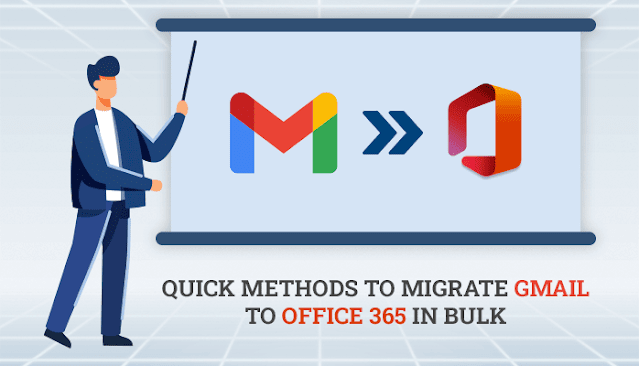NPS vs Fixed Deposit: Which Scheme is Better to Invest?
NPS vs Fixed Deposit
The National Pension System is a voluntary pension scheme that lets you plan for your retirement by investing a fixed amount every month. As it belongs to the EEE category, it is a tax-free investment that attracts many investors each year. However, the NPS withdrawal policies might not suit everyone.
Fixed deposit generates interest income at a fixed interest rate. A one-time lump sum amount needs to be deposited to reap high returns at maturity. The benefit with fixed deposits is that you don’t have to wait for a long time to withdraw the deposits. Some banks and financial institutions allow you to withdraw the entire amount post completion of 3 months from the deposit date. With FDs, you can also choose to withdraw the interest periodically as per your financial needs. Some of the basic differences between these instruments are highlighted in the below table:
Though investing in a fixed deposit might seem to be a better option, it might not fetch enough returns as compared to NPS. If you want to learn how to invest money and earn sufficient interest without risking the capital, invest in Bajaj Finance FD. Bajaj Finance FD is offering a high FD interest rate that goes up to 7.05% for senior citizens whereas individuals below 60 can grow their deposits at interest rates of up to 6.80%. Some of the key highlights of this FD scheme include:
Easy withdrawals
With Bajaj Finance FD, you can withdraw the deposits prematurely once a period of 3 months is completed. Bajaj Finance also provides a collateral-free loan to depositors that can be up to 75% of their deposit value.
Higher returns
The interest capitalised by Bajaj Finance FD is much higher than bank FDs. It is possible due to the high FD interest rates associated with this FD scheme. If you invest Rs. 15,00,000 in a bank FD for 3 years, the deposit will grow at an interest rate of up to 5%. On the contrary, Bajaj Finance FD grows your deposits at 6.80%. The below table contains the returns and maturity value of bank FDs and Bajaj Finance FD:
Stable investment
Bajaj Finance FD is a stable investment platform to grow your returns. The CRISIL credit ratings of FAAA/stable and ICRA credit ratings of MAAA/stable indicate your investment will remain with this FD scheme.


